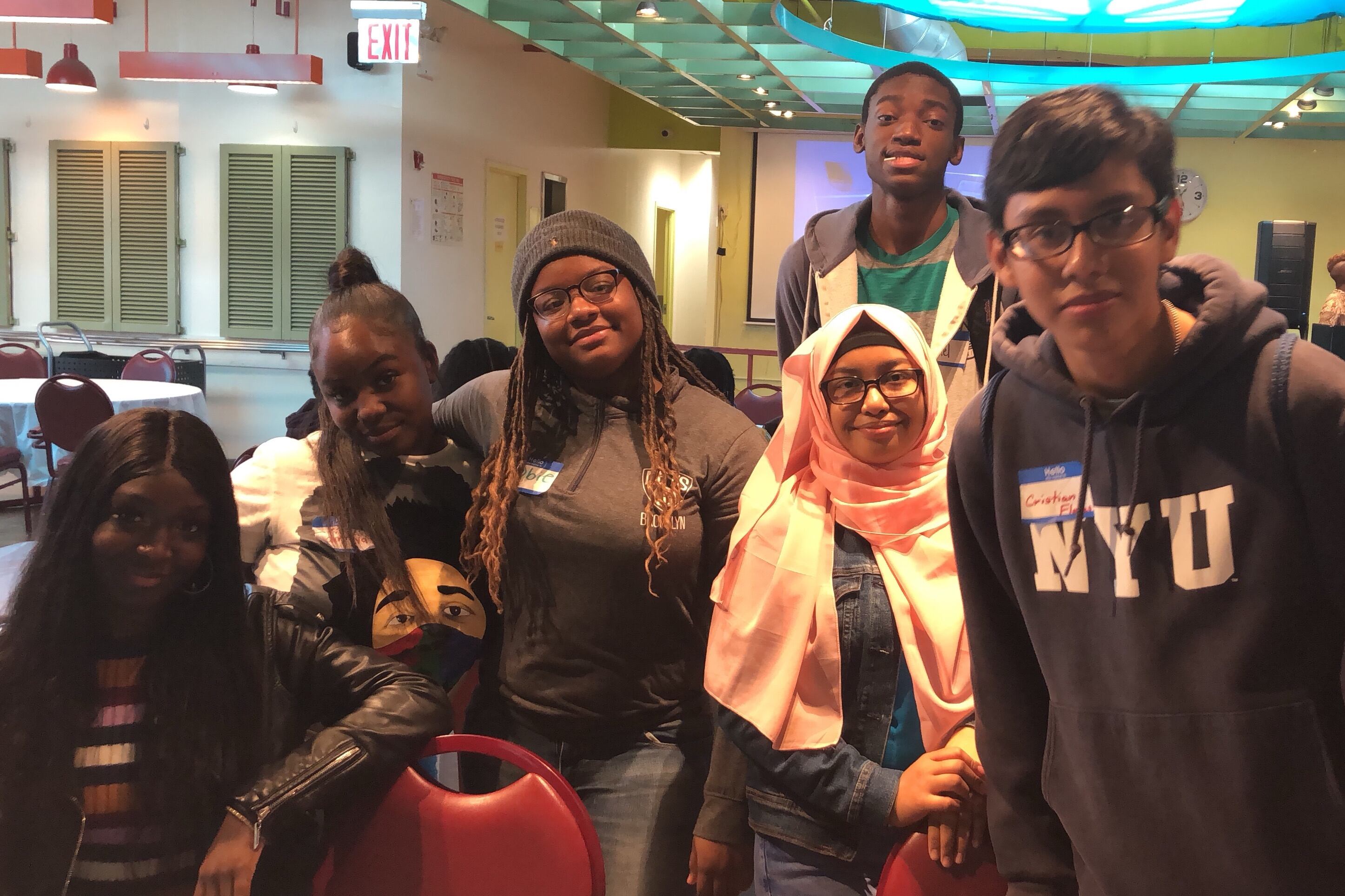I spent my freshman year of high school hanging out with my close friends and speaking to adults as little as possible. The first time my teachers informed students about the Summer Youth Employment Program, which matches teens and young adults with paid work, I dismissed it.

But later in the school year, with summer approaching and my parents putting in extra hours to keep up with our ballooning rent in the gentrifying Brooklyn neighborhood of Bushwick, I figured the time had come for me to help out my family. I knew my income would only amount to a feather’s weight of what they needed, but I wanted to contribute. So I marched into a place I had previously done my best to avoid — the school’s main office — and asked how to register for the Summer Youth Employment Program, known as SYEP.
A few months later, I found myself surrounded by a group of eager teens and smiling adult facilitators at the Future of Tomorrow, a youth organizing program of the Cypress Hills Local Development Corporation in Brooklyn. I was part of the SYEP civic engagement track. I learned about financial literacy, an important topic that mostly isn’t taught at school. I had always heard terms like “credit,” but never understood them until we learned about them in this program. I also learned about social injustices that affect my community, such as discriminatory federal immigration rules and school disciplinary policies that can lead to the “school-to-prison pipeline.” We watched a documentary and had a long discussion about immigration, an issue that plays a big role in my Mexican-American household, even if we never really mention it. After two short months, that quiet freshman who had kept his head down in the halls was now participating in protests and rallies, fighting for justice in his community.
Can you believe it?
I am just one of the 75,000 young New Yorkers whose lives are changed every summer through the city-funded SYEP. The minimum wage paycheck is appreciated and very important in families like mine, but there’s even more value in what we learn and how we change.
That’s why I was devastated when I went to the SYEP website earlier this month and saw that amid the coronavirus crisis, the program had been canceled for this upcoming summer (though the City Council is looking for ways to save it). I know things are more difficult now with the pandemic, but if I can be expected to still take classes and complete school work remotely, then why can’t I work? Why can’t I learn more about civic engagement or finances? Without SYEP, without school, without camps, without outdoor activities, what exactly does Mayor de Blasio expect us teenagers to do all summer?
Life under quarantine has been rough. My mental health has suffered a bit due to lack of interaction with other people. I miss my friends and mentors from the Future of Tomorrow program and wish I could be with them again this summer, even if it has to be through a computer screen. There, I felt as if I was in another family, and I could be myself with the people there. In times of crisis, I know that my real family helps me, and I help them. I also know that my Future of Tomorrow family and I would support each other, too.
Taking away SYEP is taking away a chance for happiness and success for thousands of students like me. Prioritizing young people — as the mayor and Gov. Cuomo say they do — means giving them opportunities like SYEP. I only hope that those in power in this city and state recognize this, and soon. I know times are hard right now, but sacrificing a program as valuable as SYEP would be sacrificing too much.
Cristian Flores is a 16-year-old high school sophomore from Bushwick, Brooklyn.








